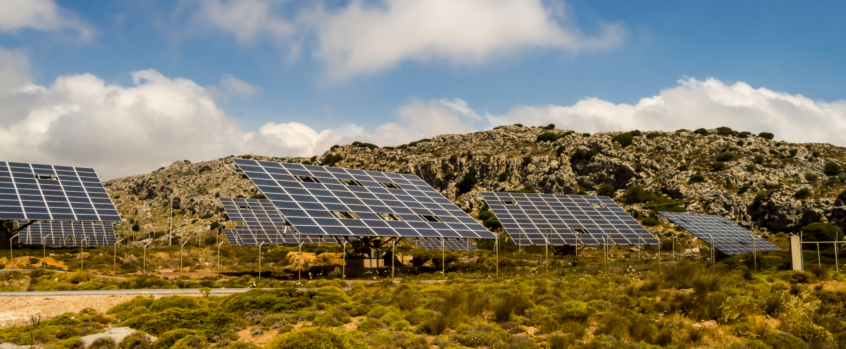Carbon credits have gained considerable global momentum in recent years, with trading volumes rising 164% in 2021 alone as both China and the UK launched trading schemes. So far, Africa – which is on the frontline of the consequences of climate change, but bears minimal responsibility for carbon emissions – has largely missed the potential benefits offered by carbon credits. However, there is optimism that the impetus provided by COP27 can help change this.
A recently-signed agreement between Morocco and Singapore to exchange carbon credits and technical assistance points to this being true. Such inter-government capacity building is “sorely needed” if governments are to make the most of country-to-country trading in carbon credits, writes African Energy senior research analyst, Ajay Ubhi.
Read African Energy analysis of the Morocco-Singapore agreement.
Join African Energy’s John Hamilton, Ajay Ubhi and guests to discuss the following questions and more at our exclusive online AIX members’ roundtable on 20 October.
- How can investors buy carbon credits that are credible and how can project developers issue credits in a cost and resource effective way?
- How can markets be made liquid and credits more fungible?
- What impact could a new trading mechanism under the Paris Agreement have on voluntary credit markets?
The meeting is free for all AIX members and African Energy subscribers
Become an AIX corporate member and gain easy access to AIX online meetings for your whole company.
Find out more here or contact Ricky Purnell for membership details.
We will return to discuss the carbon credit market in the “African Energy in transition” session at November’s Africa Investment Exchange: Power and Renewables 2022 meeting.
